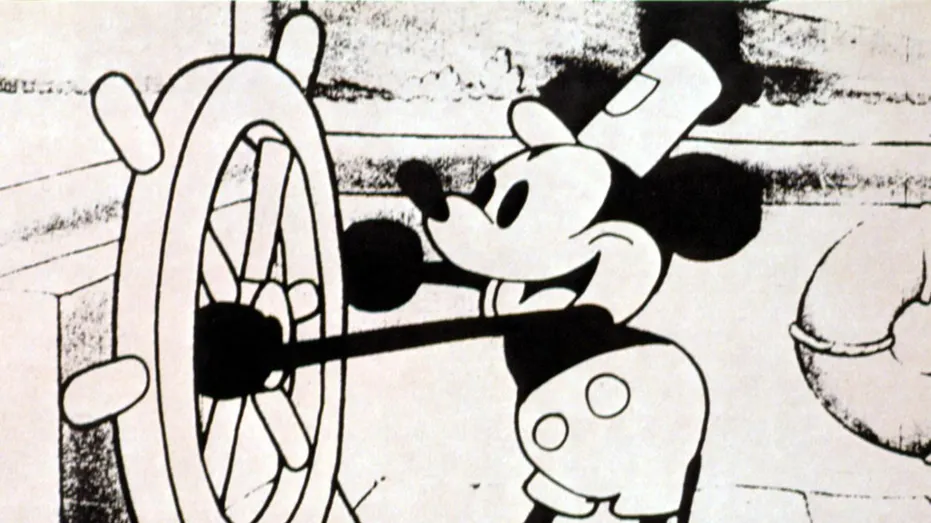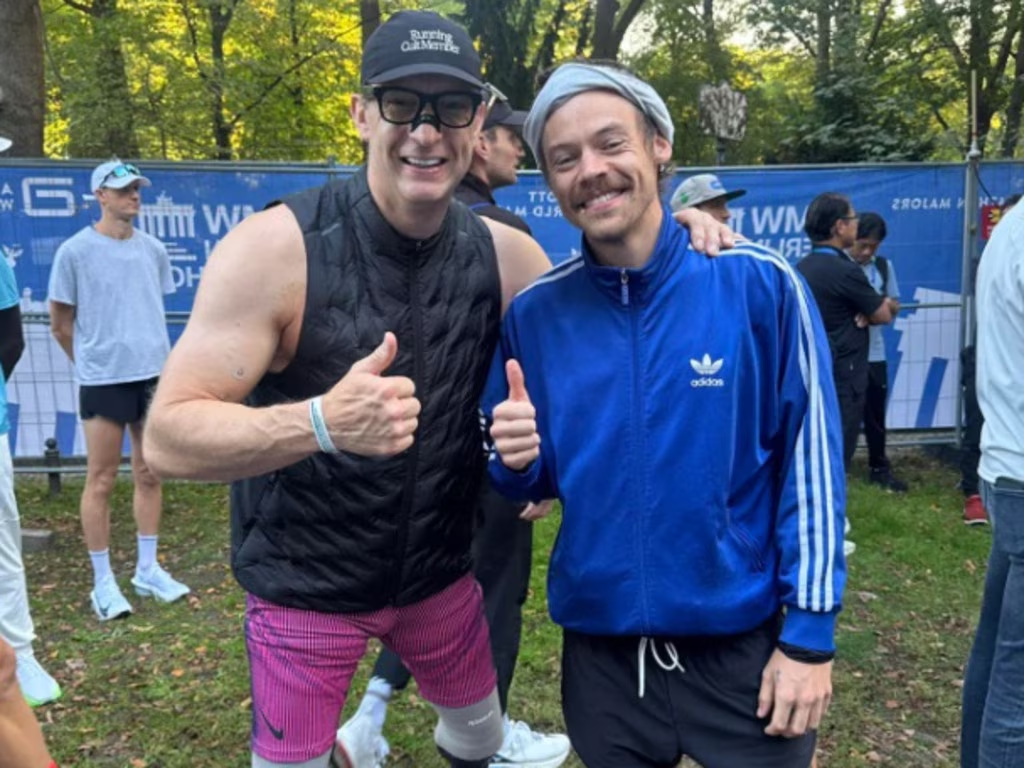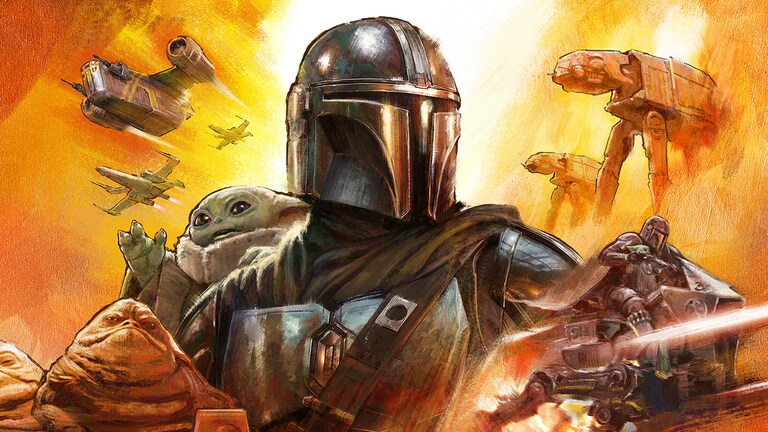We “Musk” Find a New Way to Freeway

May 22, 2018
As of 2018, I think it’s safe to say that a myriad of people are sick of the traffic conditions we all encounter on a daily basis. Even our city of Corona, California has been hit with road work at every turn and experiences delays quite frequently. According to an article from Fortune magazine’s website, the top ten congested cities in the US are as follows: 1. Los Angeles, 2. New York City, 3. San Francisco, 4. Atlanta, . Washington, D.C., 7. Boston, 8. Chicago, 9. Seattle, 10. Dallas. With Los Angeles coming in first, we have experienced firsthand the dreadful hours spent behind the wheel, even being around 46 miles away. In California, we don’t ask how far a destination is, but how long it will take to get there. It has proven itself to be nearly impossible for Californians to estimate how long it will take to reach the area of interest accurately and it has led drivers to need an excessive amount of cushion time. We all know the prime-time traffic hours and the areas (more like specific freeways) to avoid, but the miserable crawl of traffic isn’t something that we’re able to escape in the Golden State. Will the beast that is the constant freeway traffic ever be tamed?
The beast may have a tamer future in the hands of Elon Musk, creator of Tesla.
On April 28th of 2017, Elon Musk was interviewed for a TED (Technology, Education and Design) talk. In the interview, there were multiple ideas expressed that have the possibility of changing the future as we know it, if such actions are to be taken. Musk, creator of the first self-driving car, has ideas of new innovations like the electric big-rig and most-notably, the underground L.A. freeway system.
Musk explains the system to ease the congestion we experience day-to-day by using an underground road that essentially puts vehicles on an automatic skateboard type mobile platform that goes at high speeds to get from one place to another without the hesitation and brake lights. The idea has many skeptics and criticism against it while electric big-rigs have more favor. Could such an extraordinary idea even come to life at the hands of an innovator? What would the circumstances become while the process was being constructed? Would such road systems inevitably fill up just as freeways extensions do? There is an infinite amount of pessimistic questions that the idea obtains, but what of the positive effects that it could result in? What if we became a place of organized freeways and less congestion without taking up anymore floor space and go below cities?
It is unable to determine if any actions have been taken in pursuit of the innovation and if the idea has pursued in any way.










